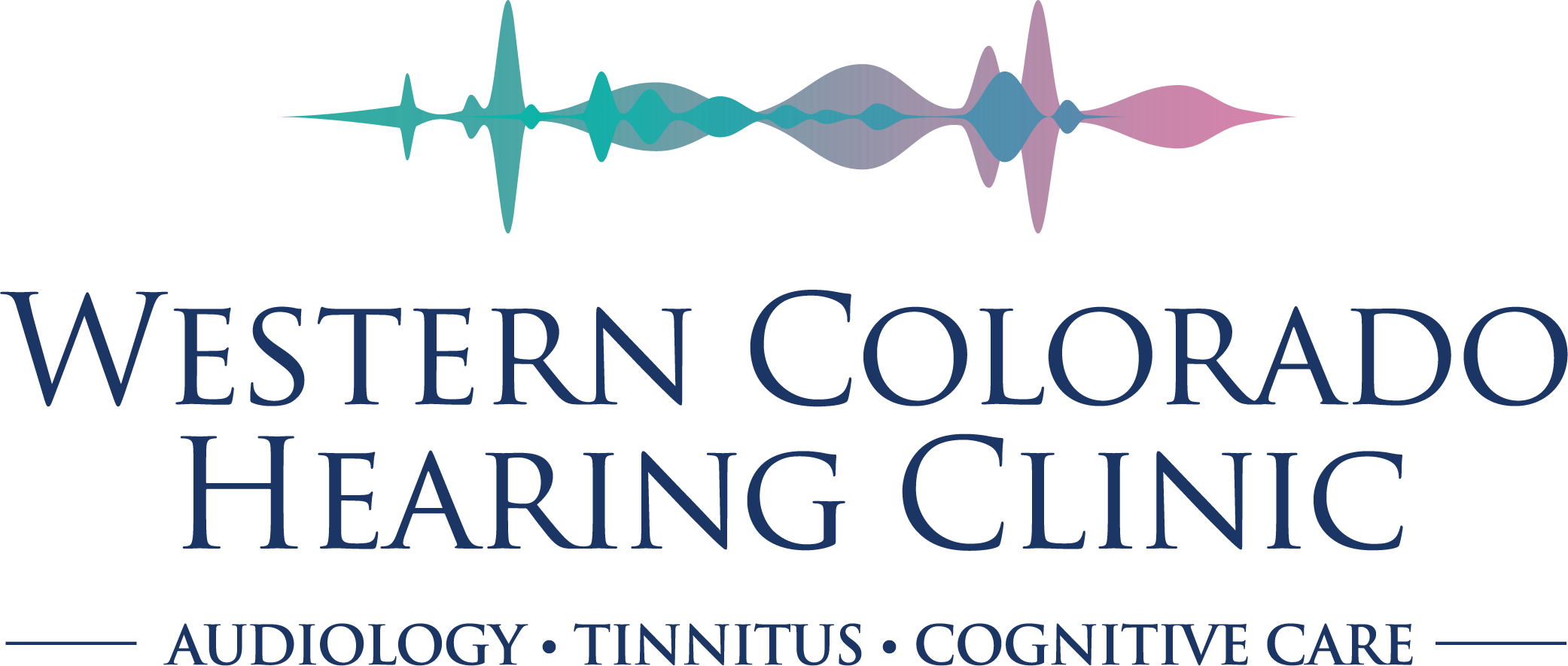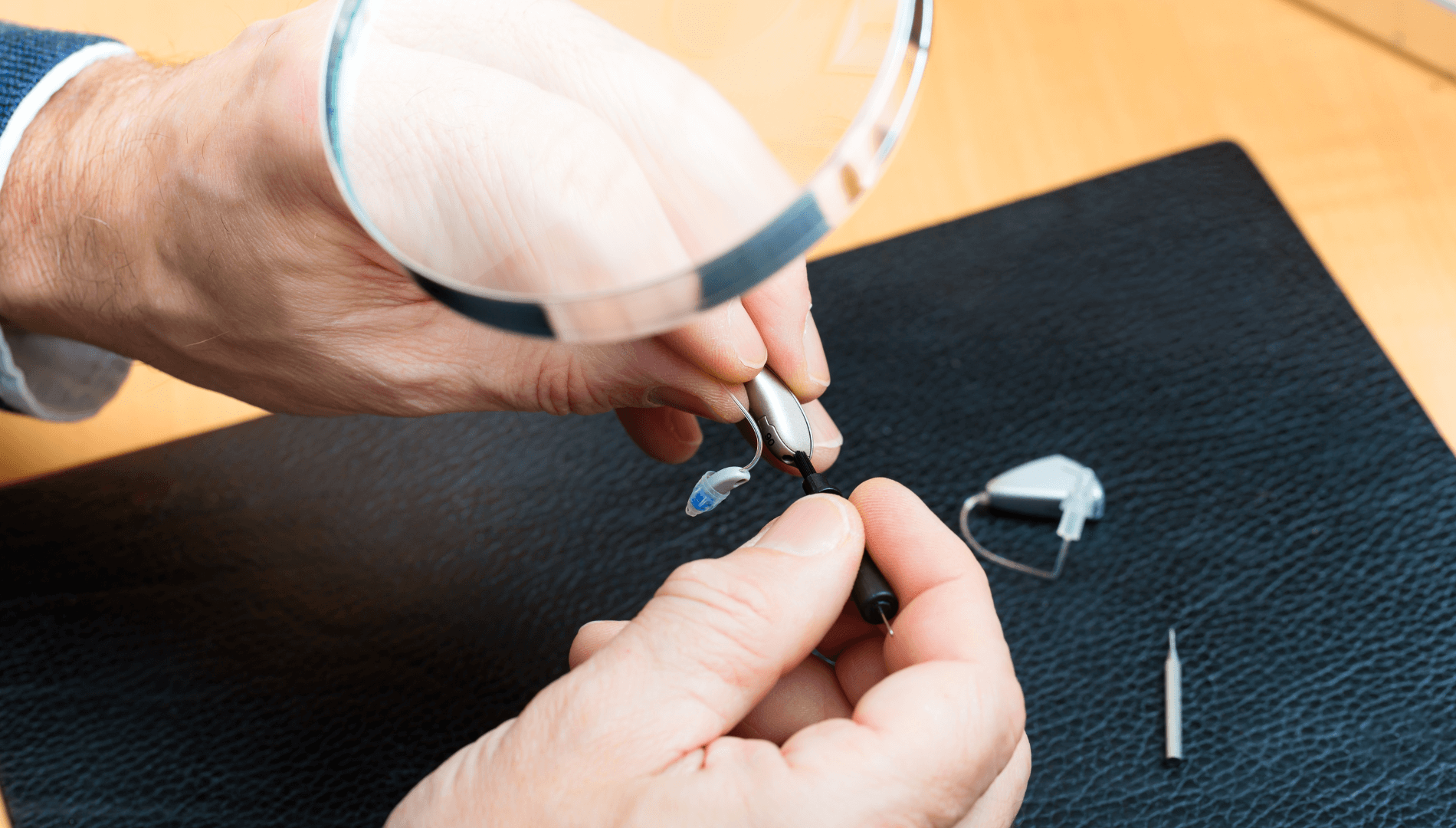We Moved! Visit us at
605 25 Rd, #100, Grand Junction, CO 81505
Are Your Common Household Items Causing Hearing Loss?
Return to Blog

Are Your Common Household Items Causing Hearing Loss?
Did you know that your everyday environment contains various seemingly innocent items that could be contributing to hearing loss? Surprisingly, several household items and common daily activities can present risks to our auditory health. Understanding the potential hazards can help you protect your hearing.
1. Personal Audio Devices
In the era of smartphones and portable music players, earbuds and headphones have become indispensable in our daily lives. However, they also represent one of the most significant risks for noise-induced hearing loss within the home. Extended listening at high volumes can cause permanent damage to the hair cells within our inner ears, leading to hearing loss.
Prevention Tip:
Use the 60/60 rule – listen at no more than 60% of maximum volume for no longer than 60 minutes at a time. Opt for noise-canceling headphones that allow you to enjoy music or podcasts without cranking up the volume to dangerous levels.
2. Household Appliances
Everyday appliances like blenders, vacuum cleaners, and hairdryers might seem harmless, but they can produce noise levels that reach up to 90 decibels. Regular exposure to sounds above 85 decibels can lead to hearing damage over time.
Prevention Tip:
Limit the duration of use and consider wearing ear protection if you’re engaged in prolonged or repeated exposure. Additionally, look for appliances designed to operate more quietly.
3. Power Tools
DIY projects can be fun, but tools such as drills, saws, and sanders generate intense noise that can surpass 100 decibels. Without proper protection, operating these tools even for a short period can be detrimental to your hearing health.
Prevention Tip:
Always wear appropriate hearing protection like earplugs or earmuffs when using power tools, regardless of the duration of the activity.
4. Children’s Toys
Some toys, especially those that produce sounds, can emit noise levels much higher than what is considered safe for young ears. This exposure can be equally harmful to adults if the interaction is frequent or prolonged.
Prevention Tip:
Check the noise levels of toys before purchasing them and monitor the volume during play. Teach children to enjoy their toys at a lower volume setting.
5. Yard Tools
Maintaining your garden might include lawnmowers, leaf blowers, and other power tools that can generate high levels of noise. Frequently using these tools without hearing protection can lead to significant hearing loss over time.
Prevention Tip:
Invest in well-fitted ear protection and take breaks to give your ears a rest while maintaining your yard.
6. Entertainment Systems
Home entertainment systems and televisions can reach high volume levels—especially during action-packed movies or games. Regularly listening at high volumes, particularly in enclosed spaces, can contribute to hearing damage.
Prevention Tip:
Keep the volume at a comfortable level where you can have a conversation without having to shout. Consider using subtitles so you can lower the volume without missing dialogue.
7. Alarm Clocks
While they help us wake up on time, some alarm clocks can use sudden, excessive noises that might startle you as well as potentially harm your hearing.
Prevention Tip:
Choose alarm clocks with adjustable volume settings and place them at a reasonable distance from your bed.
8. Fireworks
Fireworks can reach decibel levels as high as 150. If your home is near fireworks, you’ll hear this from your yard or even from your living room. Exposure to such intense bursts of sound can cause immediate and permanent hearing damage.
Prevention Tip:
Maintain a safe distance from the source of fireworks and consider using ear protection during displays.
Be Aware Of Your Environment
As these everyday items and activities testify, our homes are filled with potential auditory hazards. Being aware of these risks and implementing small changes can make a significant difference to your long-term hearing health. Regular hearing check-ups are another important part of preventing hearing loss. These tests can help detect any signs of hearing loss early, allowing for timely intervention and management.
Schedule a Hearing Test Today
Protecting your ears doesn’t mean living in silence or foregoing your favorite activities. It simply involves being mindful of the sound levels you expose yourself to and taking practical steps to minimize risk. Take control of your auditory environment and ensure that your home remains safe for your hearing.
Remember, your hearing is irreplaceable. Visit your hearing health professional for a hearing test and make hearing health a priority.



